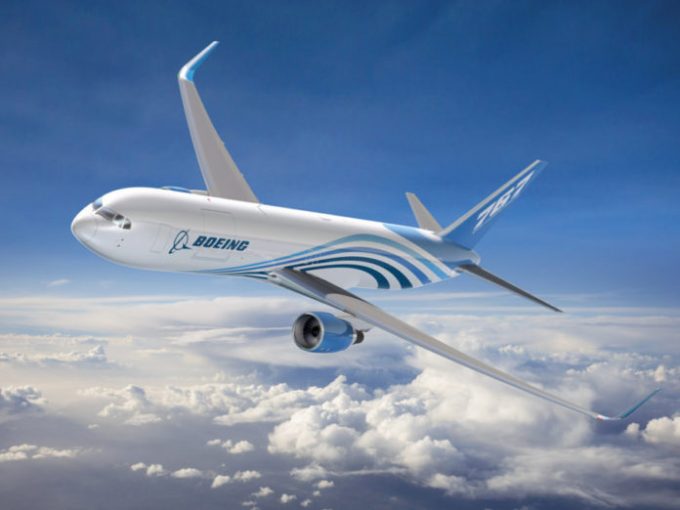Global airfreight volumes blooming as flower shipments take off
Global air cargo tonnages have taken off again after three consecutive weeks of subdued volumes, ...

Incoming ICAO emissions standards will have little impact on the freighter market, considering they will not affect the older generation aircraft that constitute the bulk of the global air cargo fleet.
ICAO’s a new rules apply to new aircraft in production as of this year, and those that don’t meet the standard can no longer be manufactured unless their designs are modified.
Most of the freighter fleet has either older technology or are converted and not affected by the new standard. Much of the curiosity around the new rules has revolved around the newer B777F and B767F, and the potential impact to operators.
“Frankly, I am not concerned,” said Jonathan McDonald, manager, classic and cargo aircraft at IBA. “The 767F will have to end production around 2027 as a result of the new ICAO standard, but in terms of the incumbent fleet, I see little impact.”
Discussions of a re-engined B767 with newer propulsion technology emerged a few years ago, but the idea gained little traction from Boeing early on.
The B767-300F delivered today is a different aircraft to the early B767-200s, said Mr McDonald, adding: “It’s a pretty old technology engine, but it still works very well, and obviously the freight operators still like it because it’s a proven good engine.”
As B767 production ends, it appears a size gap will entice operators to A330 conversions instead, he reckons. “There will be a lot of A330 conversions going on by then, and I think that’s where the likes of IAI see a hole in the market.”
The B767 continues to serve the freight industry well but as production ends and conversion feedstock dwindles, the gap in the market it leaves will become noticeable. The prospect of a factory-built ICAO-compliant B787F seems logical, but Mr McDonald reckons the production costs would be horrendous. And he doubted the B787s candidacy as replacement.
“It’s slightly longer than the B767, but it has a substantially more voluminous fuselage, considering the 767 is a seven-abreast aircraft whereas the B787 is nine-abreast. There has been some talk of a B787 freighter variant, but so far everything’s a bit hearsay, to be honest.”
In any case, Boeing seem preoccupied with with supply chain issues and gearing up for the first deliveries of the new B777-8F, slated reportedly for 2028, just in time for ICAO’s new rule.
“Boeing will need to get the logistics right to bridge the production of the B777F with a nice crossover to the -8F. What you don’t want is the last factory freighter to be delivered and the -8F gets delayed for whatever reason, then you have a factory that isn’t doing anything. You want a nice seamless transition,” said Mr McDonald.
“The folks in Seattle will certainly be keen on avoiding production gaps and losing ground to Airbus and its very competitive A350F.”
Ultimately, Mr McDonald noted, any investment in freighters, both factory and converted, is a very long-term process and carriers would not invest in conversions or new aircraft only to see them outdated by 2028.
Comment on this article